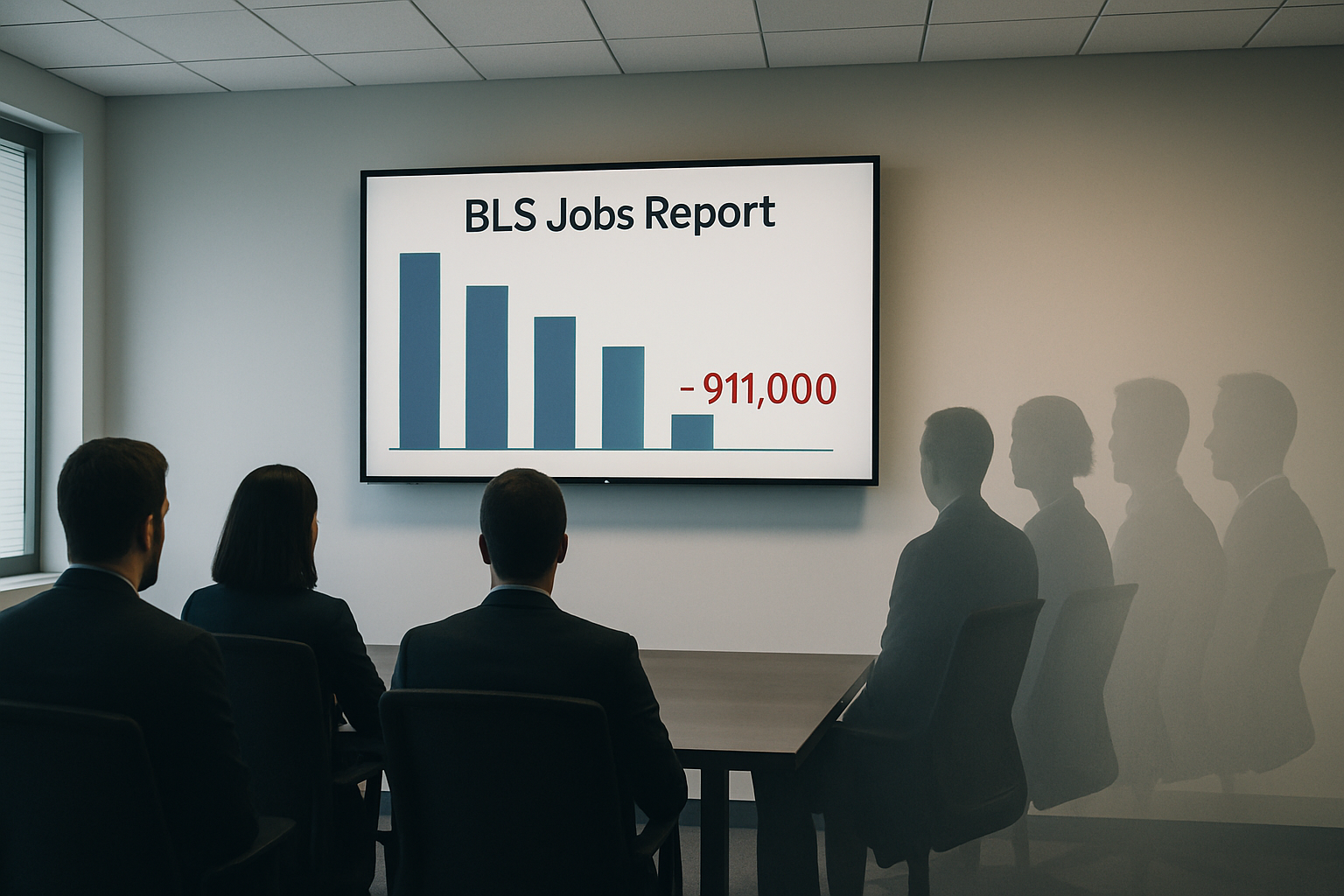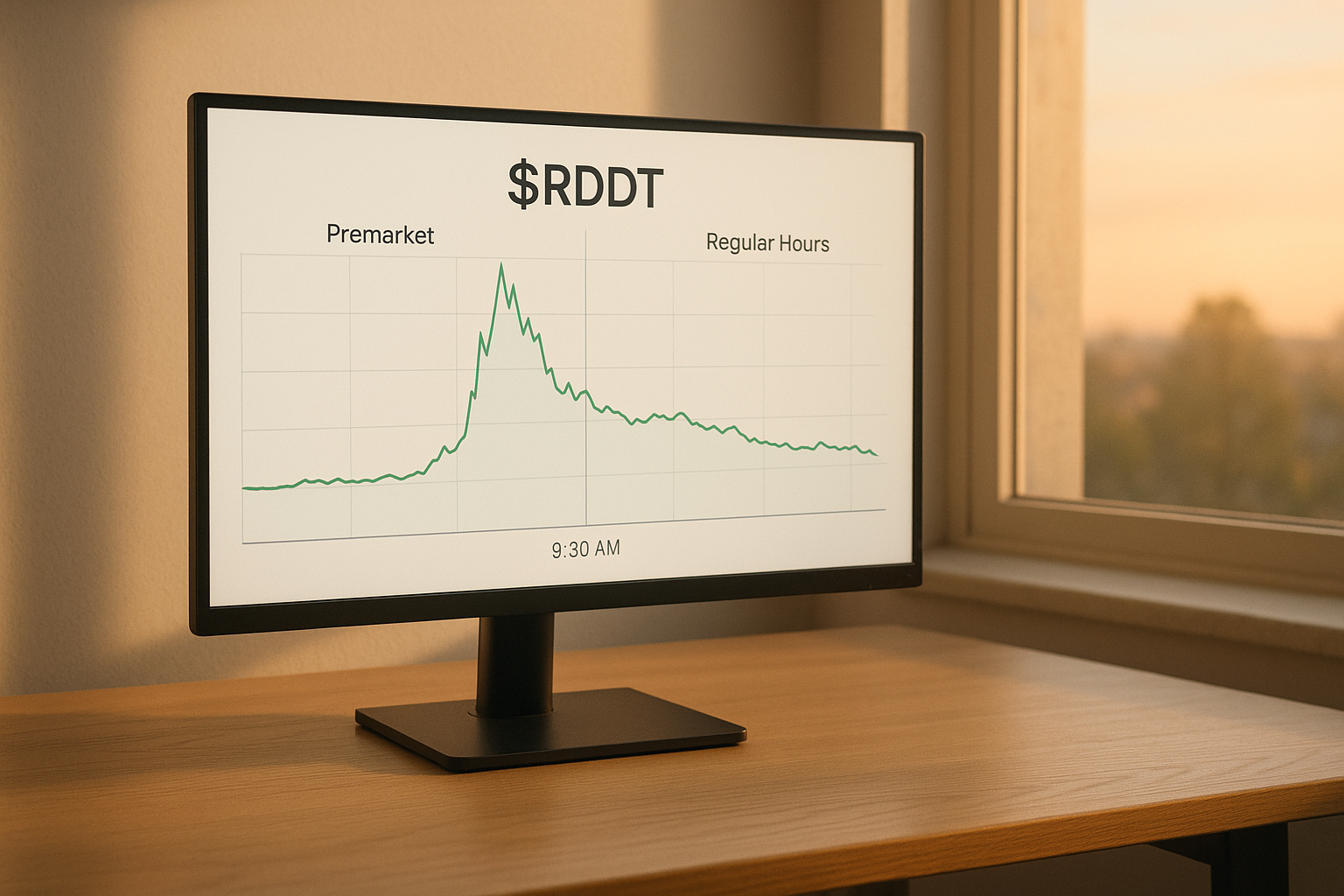Wedbush analyst Daniel Ives is betting big on Microsoft's AI future—predicting a staggering $25 billion in AI revenue by 2026. The firm just boosted its price target to $600, which honestly isn't that shocking if you've been paying attention to Satya Nadella's methodical AI conquest over the past couple years.
What's fascinating about Microsoft's approach isn't some grand, revolutionary vision. It's deceptively simple. They're not promising sci-fi level AI that will transform humanity. Nope. They're just offering to make your everyday work... slightly less annoying.
Draft an email faster. Summarize that meeting you were half-listening to. Make sense of your messy Excel data. All for the tidy sum of $30 per user per month, thank you very much.
It's brilliant, really.
Microsoft has essentially created a brand new revenue stream by slapping an AI helper onto products you're already using. This isn't some moonshot requiring companies to rebuild their tech stack from scratch. It's just Office—the same Office you've been using since the '90s—but with an AI sidekick.
I've been covering enterprise software for years, and the genius here isn't subtle: when you already control the productivity tools that run on practically every corporate computer in America, you don't need to reinvent anything. You just need to make those existing tools a little smarter, a little more helpful, a little less... Microsoft-y.
The conversation around Microsoft's AI strategy tends to fixate on their OpenAI partnership (and the billions they've dumped into it). But that's missing the forest for the trees. The real advantage isn't having exclusive access to fancy AI models—it's having exclusive access to where people actually do their work.
Look, Google and Meta can build incredible AI systems too. But they don't own the corporate workflow like Microsoft does.
There's this concept I think about often when analyzing tech adoption trends—the path of least resistance. Microsoft has built a frictionless on-ramp to AI. No new software to learn. No disruptive changes to your workflow. Just the same old Word and PowerPoint interfaces with a helpful new assistant living inside them.
The $25 billion question (literally) is whether Copilot delivers enough value to justify that premium price tag. Early feedback has been... mixed. Sometimes it's genuinely transformative—like having a digital assistant who actually understands context. Other times it feels like an expensive autocomplete function that's one hallucination away from embarrassing you in front of your boss.
But here's the thing—Microsoft has time on its side. Unlike AI startups burning through VC money while figuring things out, Microsoft can afford to iterate while still collecting those sweet, sweet subscription dollars.
(And let's be honest, they've never been afraid to release products that aren't quite fully baked, have they?)
The ironic part? Microsoft—once the poster child for bloated, legacy tech—has somehow positioned itself as an AI leader by basically doing what it's always done: selling software to businesses that don't know any better. While competitors chase flashy consumer applications or niche vertical solutions, Microsoft is just making the tools everyone already uses marginally better and charging a premium for the privilege.
Is Copilot actually worth $30 per user per month? For many businesses, that's not even the question they're asking themselves. The real question is: can we afford to let our competitors use AI-enhanced productivity tools while we stick with the basic version?
And that's the true genius of Microsoft's position—they've created FOMO at an enterprise scale.
Wedbush's $600 price target represents roughly 12% upside from current levels. Seems reasonable for a company already up about 250% over the past five years. I mean, I own some shares myself (full disclosure and all that jazz), though I've been taking profits along the way. My financial advisor would probably tell me I should've held more.
The bigger lesson here isn't about Microsoft specifically—it's about how incumbent advantages can be leveraged during technological transitions. Sometimes the companies best positioned to capitalize on new technology waves aren't the innovators, but the ones who control the distribution channels and existing customer relationships.
Microsoft didn't invent modern AI (not even close), but they might end up making more money from it than anyone else.
Not bad for a company that most of Silicon Valley had written off as a dinosaur just a decade ago.




